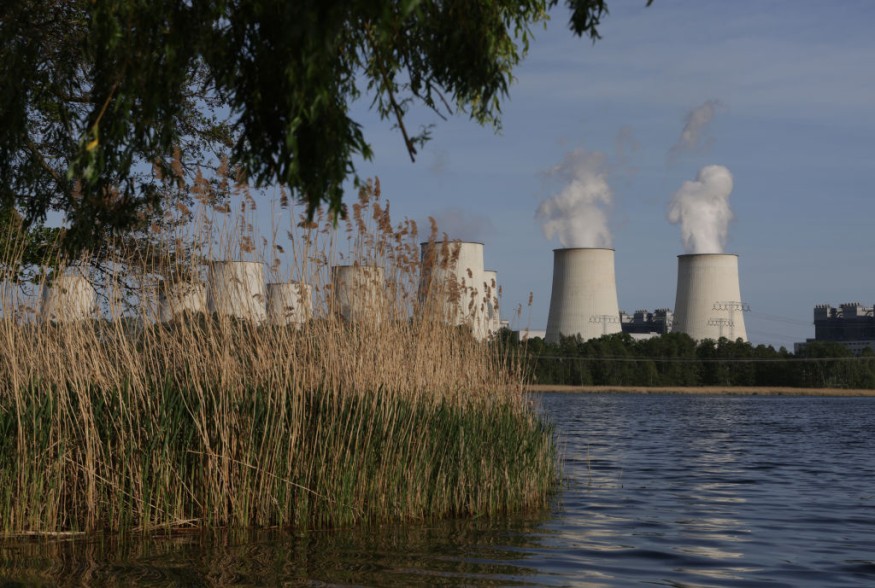
Lawmakers in Vermont enacted a bill that aims to hold large fossil fuel companies accountable for damages caused by weather disasters caused by climate change.
Climate Superfund Act
The legislation is based on the superfund program of the Environmental Protection Agency, which mandates that businesses that pollute the environment either clean up the sites themselves or pay back the government for the costs of doing so.
The Climate Superfund Act, a bill introduced in Vermont, would likewise require large oil companies and other emitters to reimburse damages brought on by global warming.
The amounts payable would be ascertained by calculating the extent to which Vermont's extreme weather events were caused by climate change and the financial toll those weather-related disasters took on the state. After that, the proportions of each company to the total would be determined by the amount of carbon dioxide they each put into the atmosphere between 2000 and 2019.
Early in April, the Vermont state Senate approved the measure with just three no votes; the state House then approved it on Monday. Later this week, the Senate will conduct a final vote on the bill before sending it to the desk of Republican Governor Phil Scott.
The bill's co-sponsor, state senator Anne Watson, expressed her hope that, should it pass into law, it will force large oil firms "to become purveyors of renewable energy sources and keep fossil fuels in the ground."
First Bill Of Its Kind
It's the United States' first bill of its kind to pass.
Massachusetts, Maryland, and New York are also pushing for the same policy, but only New York's law has passed a state legislature chamber.
Sens. Bernie Sanders, I-Vt., and Chris Van Hollen, D-Md., attempted to introduce similar legislation as part of the infrastructure package that was enacted in 2022, but it was not included in the final draft.
The money fossil fuel firms pay in Vermont would go toward tackling the consequences of climate change on public health, updating infrastructure, weatherproofing public buildings and schools, and cleaning up after storms.
The success of the law depends on the ability to estimate the extent of the harm that climate change has caused to Vermont; this assessment would be based on attribution science research. In the past two decades, scientists have refined their capacity to accurately predict the extent to which human activity has influenced the intensity and frequency of catastrophic weather events.
"We're able to say very clearly, 'We would not be experiencing these intense global temperatures without human-caused climate change and the history of carbon pollution,'" said Andrew Pershing, vice president for science at Climate Central, a nonprofit that conducts attribution science research.
Pershing mentioned that very high rainfall is a sign of a warming atmosphere for scientists.
He stated that there has been a 60% increase in the number of precipitation days in New England and that the atmosphere can contain 4% more water vapor for every degree Fahrenheit as the temperature rises.
This previous winter was the warmest on record in Vermont. It followed record-breaking rainfall in July across the state, which resulted in disastrous flooding. The National Oceanic and Atmospheric Administration estimated that the storm cost the Northeast around $2.2 billion.
Related Article : G7 Countries Offer New 'Pledge' to Stop Fossil Fuels, Urge Other Countries to Follow
© 2025 NatureWorldNews.com All rights reserved. Do not reproduce without permission.





